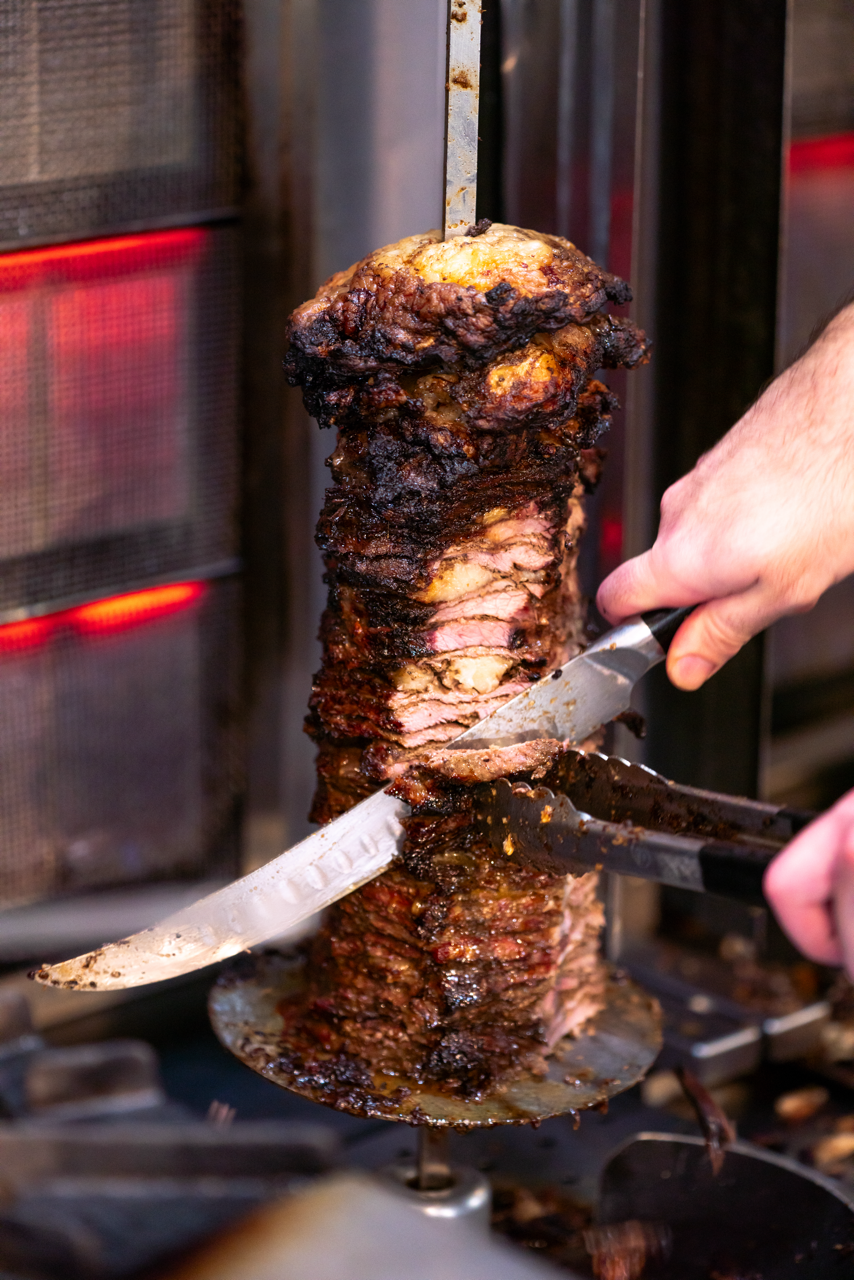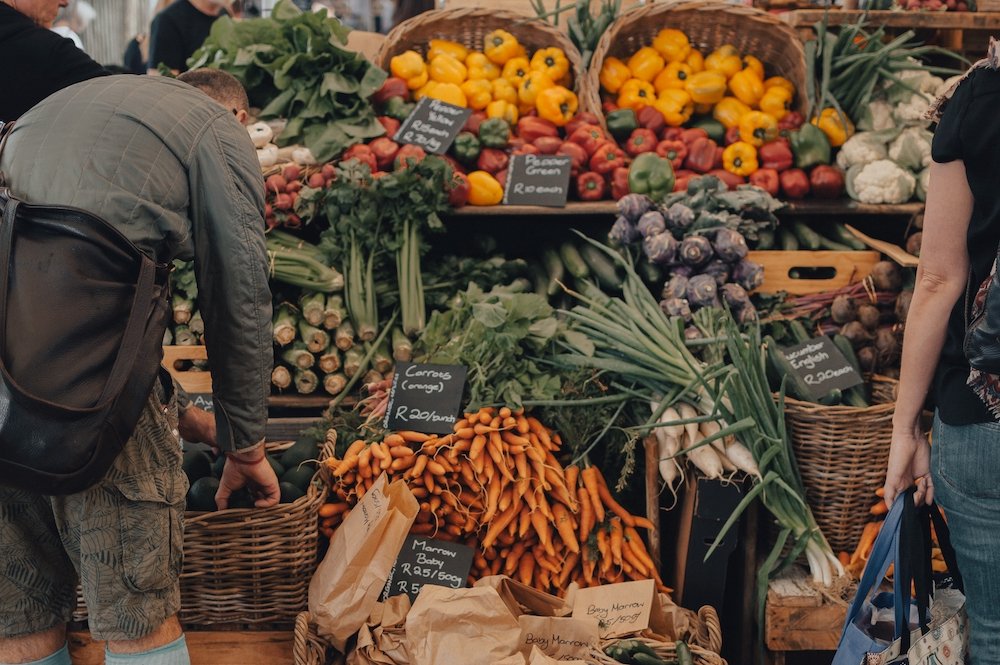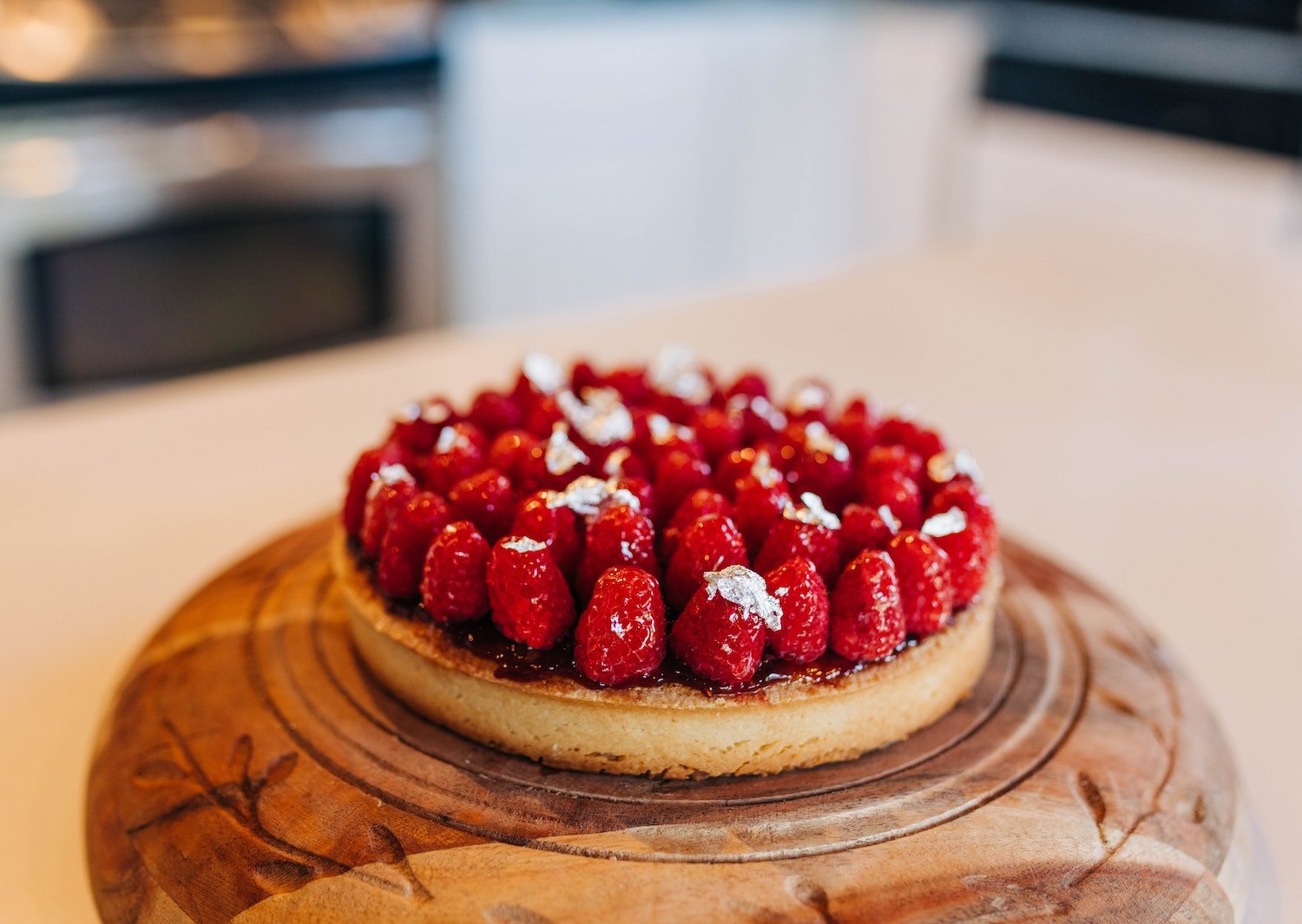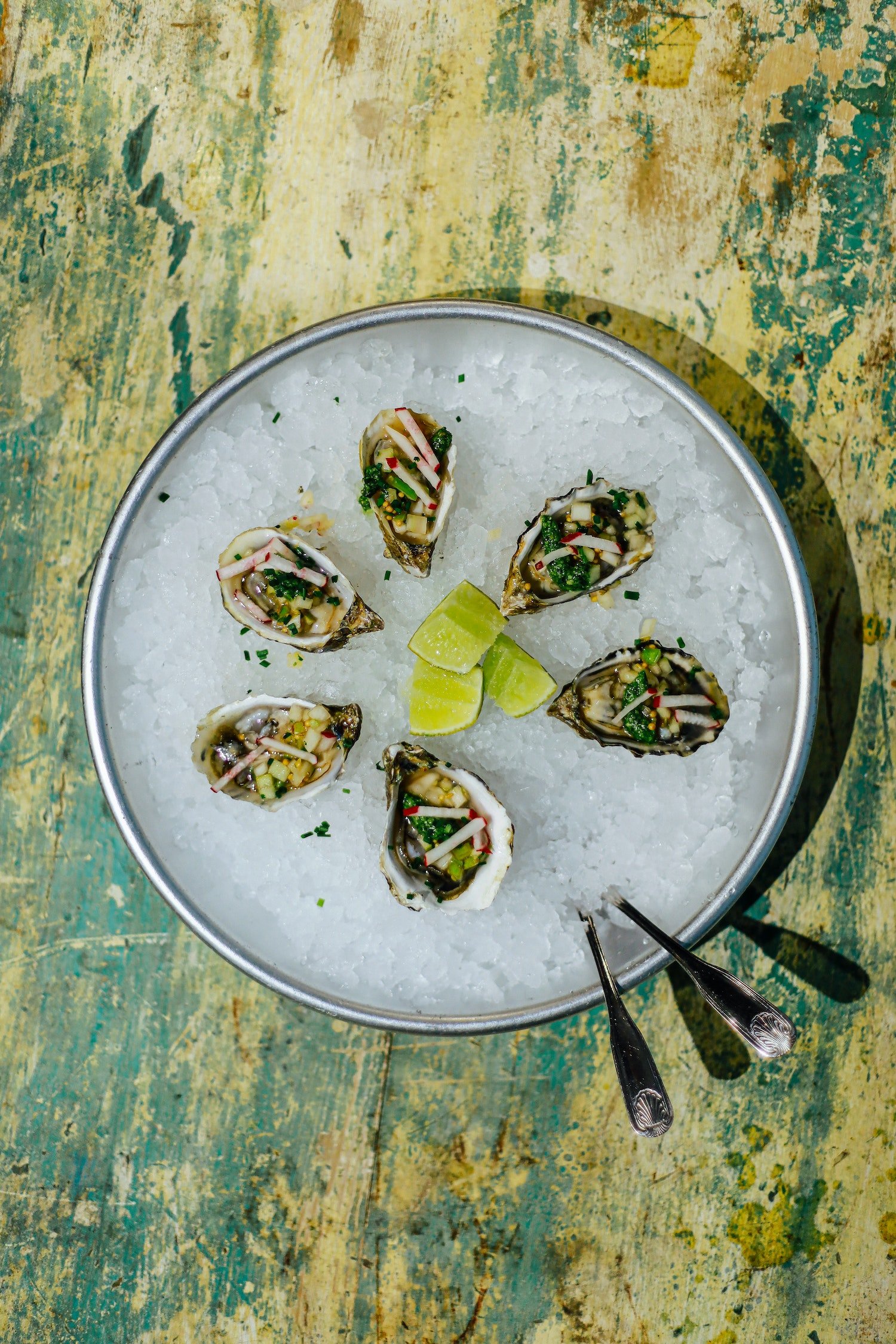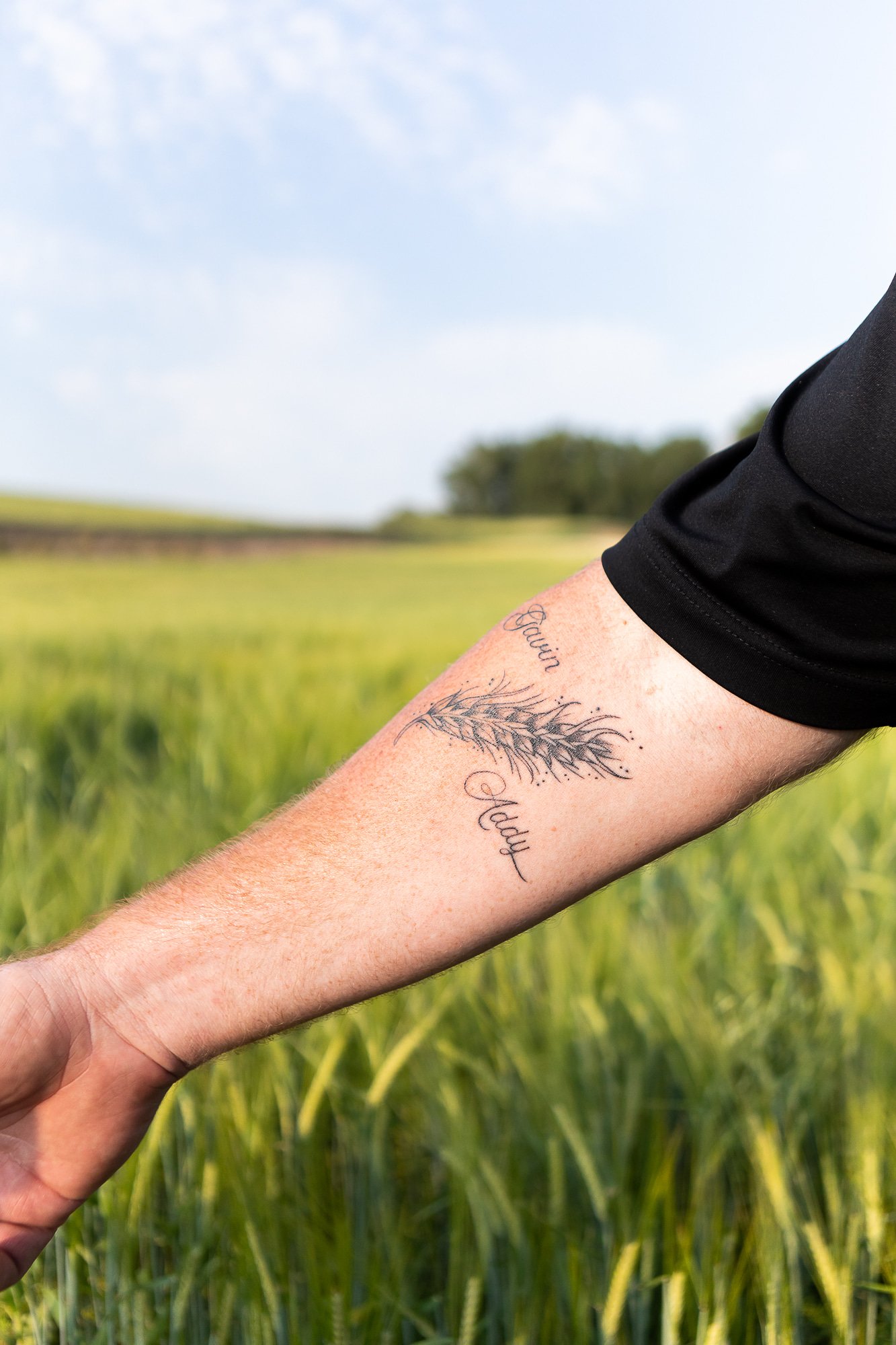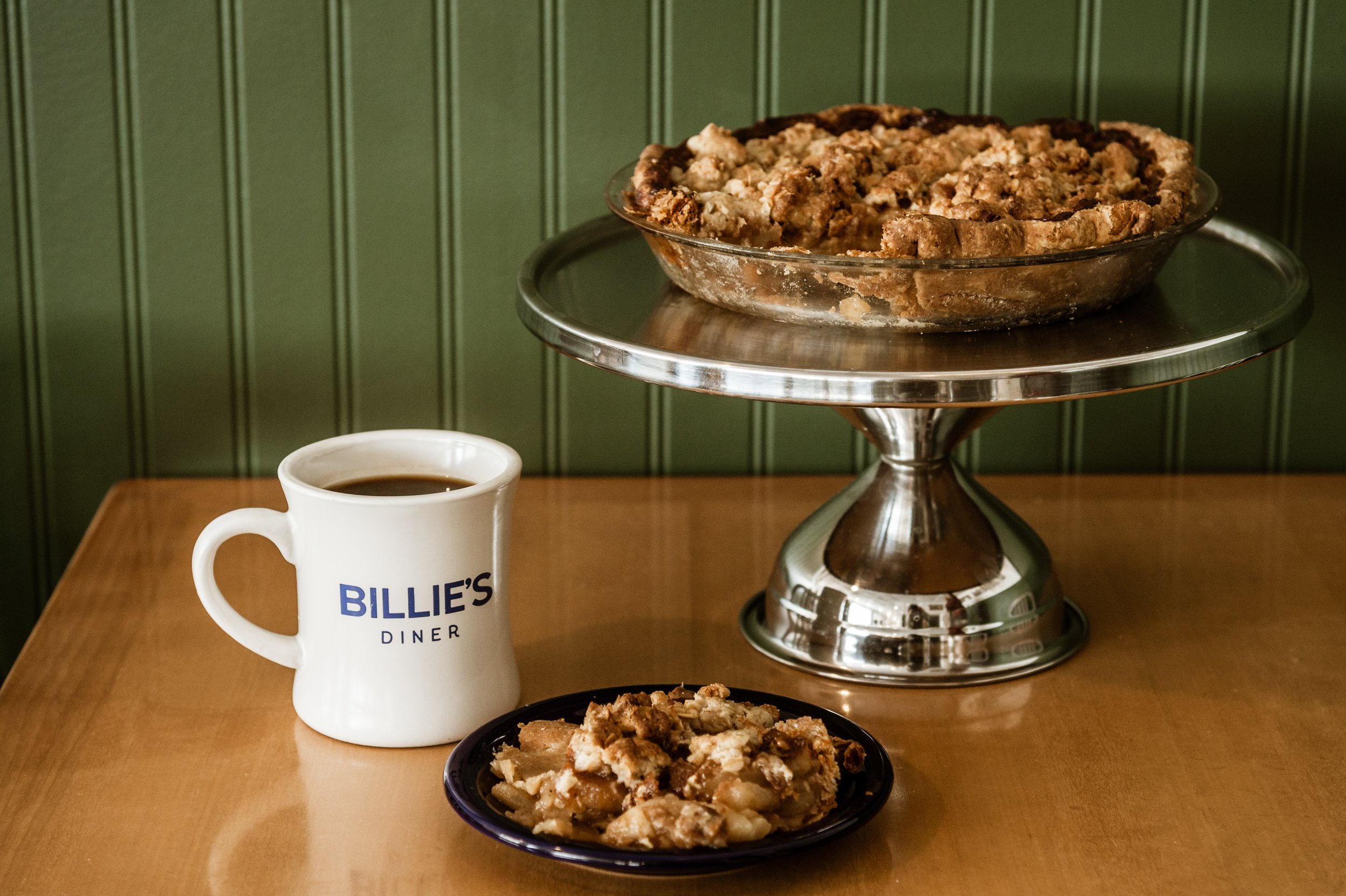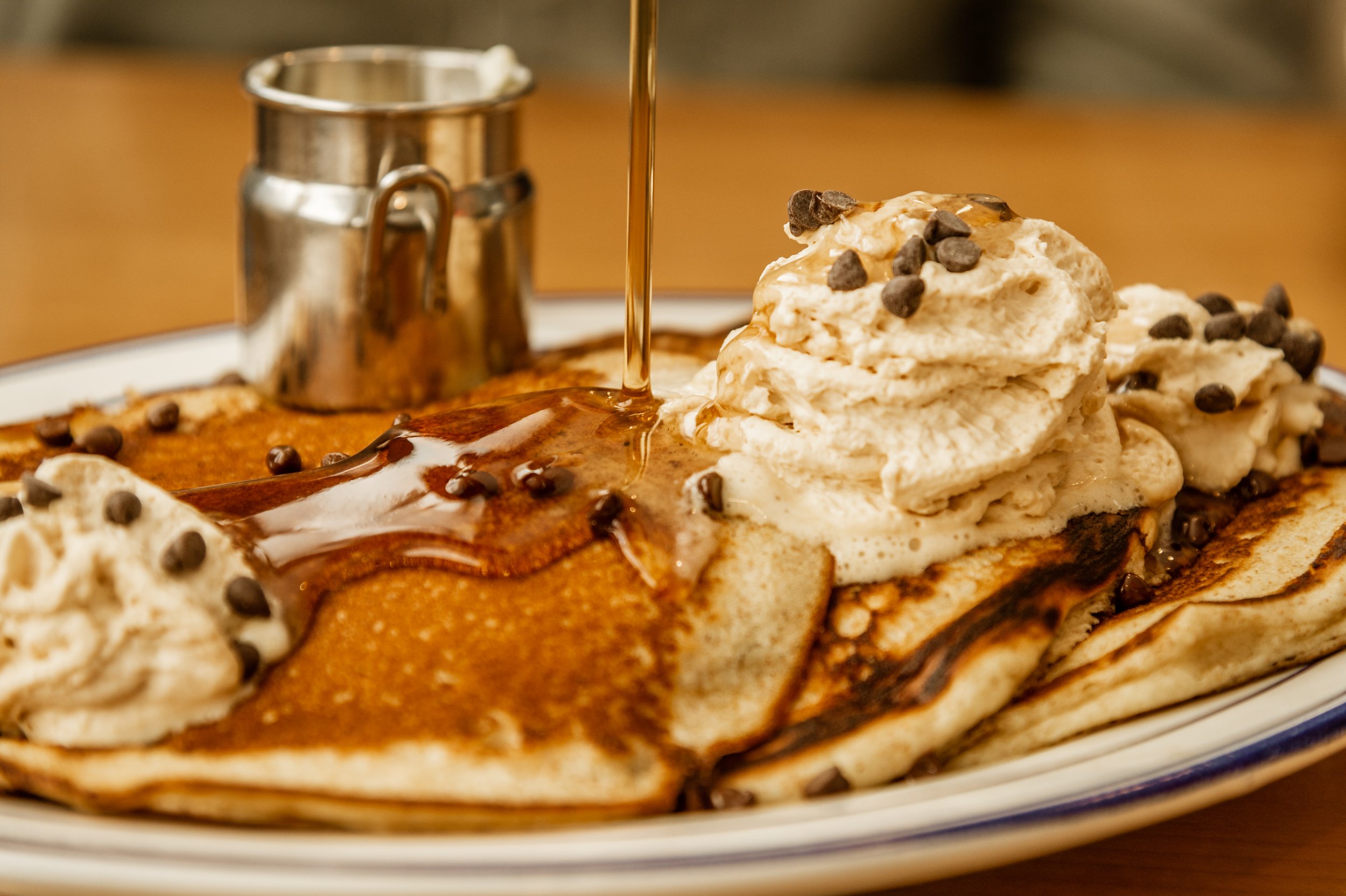Skewers Food Truck Finds its Home Downtown: Q&A with Mirak Kazanjian
Skewers Food Truck Finds its Home Downtown: Q&A with Mirak Kazanjian
BY SYDNEY FLUKER“After moving to Spokane in 2009, Kazanjian says that he simply started cooking at home as a way to satisfy his own cravings for Middle Eastern street food. He tested and improved his recipes, sharing dishes like falafel, tabouleh and pakhlava with friends who encouraged him to start a restaurant of his own. But Kazanjian’s favorite street food, shawarma, is difficult to recreate in home kitchens.
Shawarma means “turning” in Arabic and describes both the cooking method for meat cooked on a vertical rotisserie and the resulting dish, often served along with bread, rice or salad. There are ways to make shawarma at home, but it’s not the same for someone seeking to replace the smells, flavors, experience and accessibility of an ubiquitous on-the-go meal in the Middle East and even many U.S. cities with large Middle Eastern populations. Eventually, Kazanjian opted to go the food truck route with his Skewers Truck, complete with two upright rotisseries so he can offer chicken along with a blend of beef and lamb, proudly proclaiming that “Spokane Has Shawarma!”
This excerpt was from Jeff Fijolek’s article in our 2022 Spring Issue. Much has changed since, including the expansion of Skewers into a brick and mortar restaurant downtown. We sent Sydney Fluker to catch up with Kazanjian to see how it’s going.
SF: Seems like you have been busy the past few years. What was the goal when you started your food truck business? Was opening the restaurant a part of that plan?
MK: Not really. The goal was just making some of the Middle Eastern food I grew up with. I couldn’t find it in Spokane, so it was just filling that void. I didn’t think it would turn into a restaurant when I was doing the food truck — I didn’t plan on opening a restaurant or doing food at all. But as I would make some of the foods I grew up with, like sarma (stuffed grape leaves), people would tell me ‘oh, you should open the restaurant.’ I would always say, ‘that’s not my plan.’ And then the opportunity for this just opened up and was so simple and presented, like it was a present.
SF: And you still did the food truck, even opening the restaurant?
MK: Yup. The truck still had catering gigs and everything scheduled through fall. There was extreme overlap, but it was also good because one of the biggest things for me going into the restaurant was learning to let go — I can’t do everything in a restaurant like on the food truck; I just have to trust that it’s gonna work out. Skewers is something I built for seven years, reputation and all, and now I have to trust somebody else. Thankfully, I have a good crew and the food truck team from summer carried on into the restaurant. We’ve had very little turnover, especially in the kitchen — that’s been huge.
SF: Are you still running the food truck this year?
MK: We are but not at the same rate as previous years. Just cautiously taking on as much as I think we can handle. It’s been good because Spokane restaurants experience a lull in the summer. As I’m learning how to handle some summer events like Hoopfest, I’m making mental notes for next year. The food truck helps supplement some of that lull.
SF: Are you still the one operating the food truck or do you find yourself more in the kitchen?
MK: This summer, I have been going out more with the truck. There are a lot more variables with the food truck whereas the restaurant is more consistent. A food truck can have a lot of curveballs, so I go out more especially if it’s a busier event.
SF: Have your menu offerings changed since opening the restaurant? How did you decide on the menu when you opened?
MK: Our menu is still fairly simple, but I am planning on expanding a bit in the fall. The food truck had an extremely simple menu where you pick your protein, size and style to streamline the process. At the restaurant, I can serve it how it should be. We have the space for a flat top to grill the lavash bread that we serve, which is the best bread to wrap shawarma with. We added kebab to the menu and extra desserts, but otherwise it’s very similar to the food truck menu. This fall I’m planning on adding a whole new section to the menu, so it'll be fun to try new things and experiment.
SF: What’s your go-to order from the restaurant or truck?
MK: I love our wraps — my go-to is the chicken shawarma wrap, I also love the falafel wrap. I eat here almost every day, working my way through the menu every week or so.
SF: The last time you talked with Edible, you spoke about your activism and pride in your Armenian heritage. Do you still donate proceeds to recovery organizations?
MK: The issues that were happening back then have gone on for four years. A lot of land and lives have been lost, and it’s still not resolved. I’ve been able to visit Armenia almost every year, and I’m hoping to go in the fall. I started my own nonprofit, We Are Our Mountains Foundation, to be able to do our own projects. Last year I did a lot of traveling through some of the border areas and came up with a list of potential projects. That looks like helping a school with school supplies, athletic supplies — there’s one village that I’d love to build a playground for.
Skewers’ opening weekend was a low point of the last four years. Azerbaijan launched a large-scale military offensive against the Artsakh region, largely inhabited by Nagorno-Karabakh Armenians, displacing almost the entire Armenian population into neighboring countries. I didn’t know how to celebrate with all that was going on there, and I almost postponed the grand opening. At the same time, a big reason why I’m doing this is to share my culture, to represent Armenia and let people know we exist. Here I am, hanging the Armenian flag in Spokane, Washington, fighting that erasure. That’s how I motivate myself to keep going.
Answers have been edited for clarity and length.
SKEWERS
1009 W. First Ave., Spokane, WA. 

